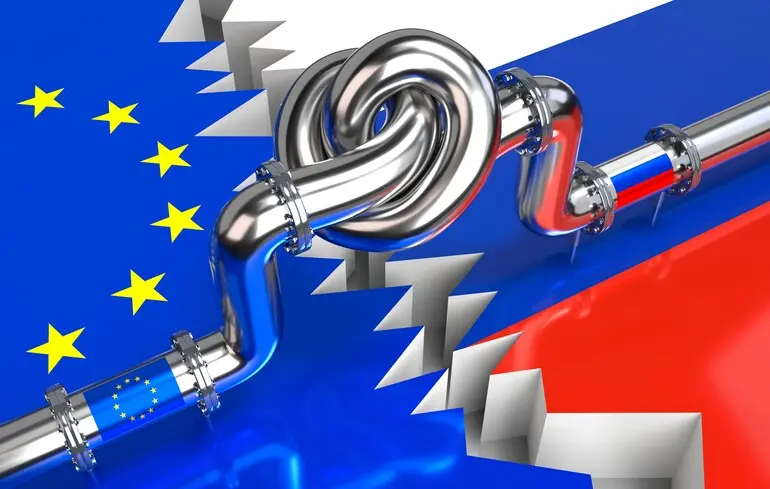EU prepares new economic sanctions: plans to halt Russian oil imports through tariffs and restrictions

The European Union is on the verge of implementing significant measures to cease purchasing crude oil from Russia, marking a crucial step in its sanctions strategy against Moscow.
In response to ongoing military interventions and energy dependency concerns, Brussels is developing new mechanisms of economic pressure and restrictions.
According to information published by liga.net, Ursula von der Leyen, head of the European Commission, during a meeting with US President Donald Trump at the UN General Assembly, announced the introduction of new tariffs on Russian oil imports intended to accelerate European countries’ transition to alternative, non-Russian sources.This move is part of a broader EU strategy to reduce energy dependence on Russia, which already includes substantial cuts in Russian gas supplies and a complete ban on Russian coal.
Currently, oil supplies have not been entirely cut off, but analysts predict that the implementation of tariffs and sanctions could speed up this process by the end of the year.
Regarding the timing of a full prohibition on Russian oil purchases, Von der Leyen stated that EU countries aim to do so earlier, by the end of the current year.To achieve these goals, the EU plans to introduce sanctions that will include port restrictions on LNG shipments from Russia, as well as tariffs on remaining Russian oil still entering the European market.
It is noteworthy that despite sanctions, the US continues to purchase Russian oil and related products, raising questions about the global energy policy.
Further details about the role of the US, Europe, and Ukraine in this complex energy flow system can be found in a dedicated article.
This intensified cooperation and new sanctions demonstrate the EU’s intention to increase pressure on Russia and reduce its leverage through energy resources, which are used as political tools.

